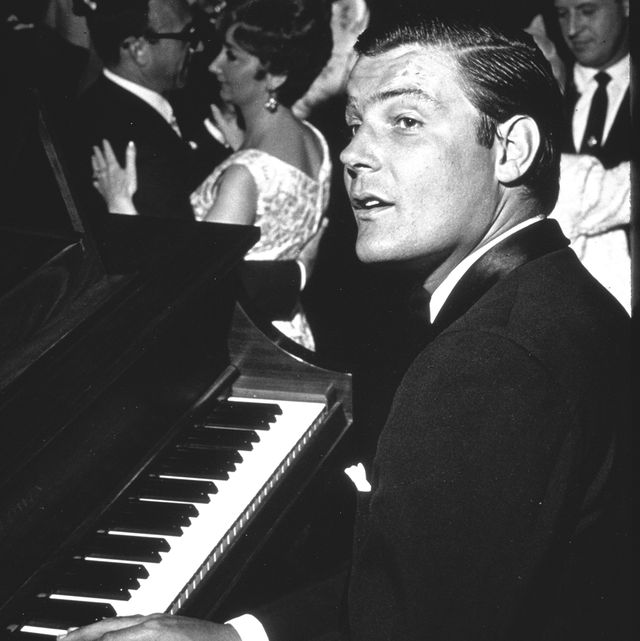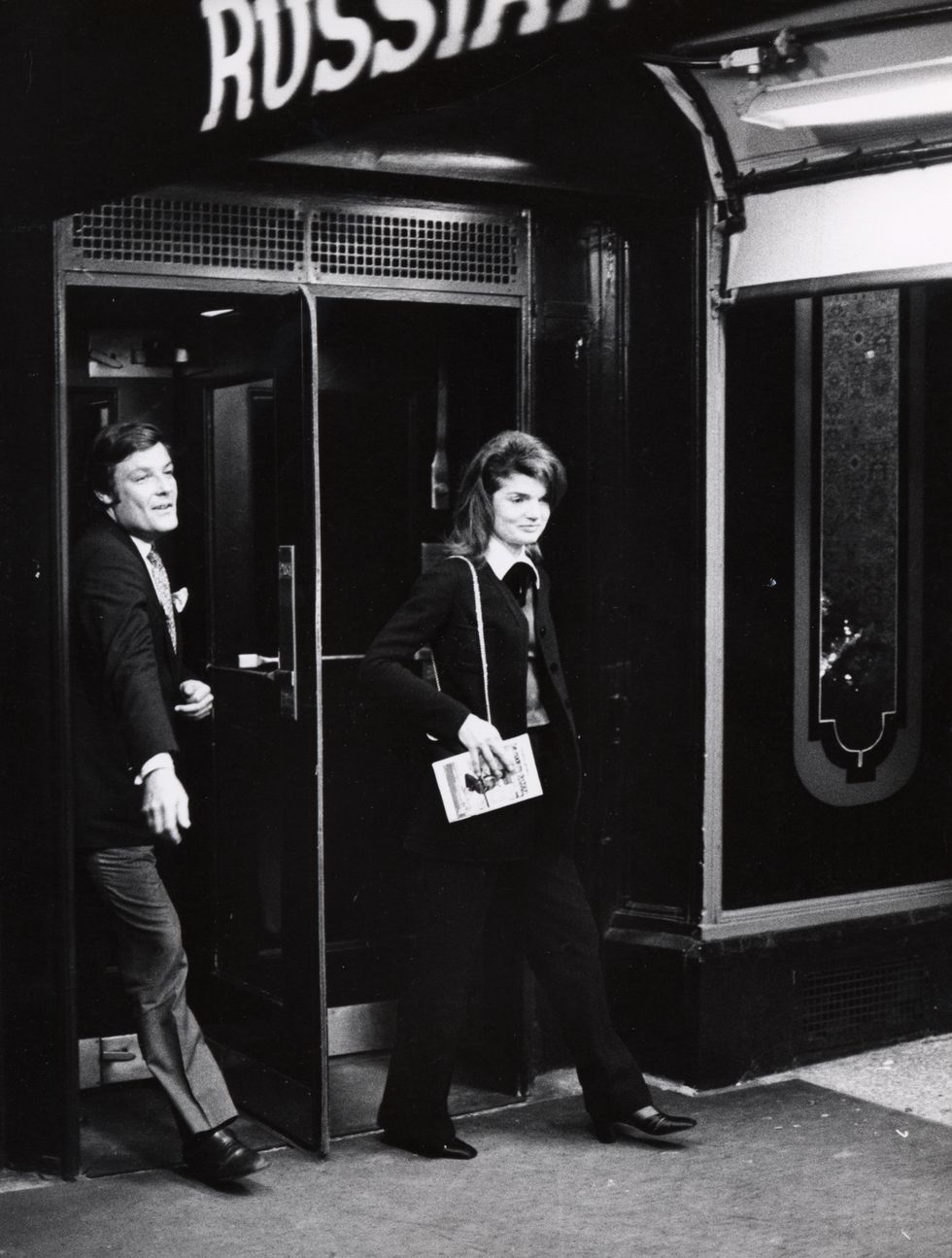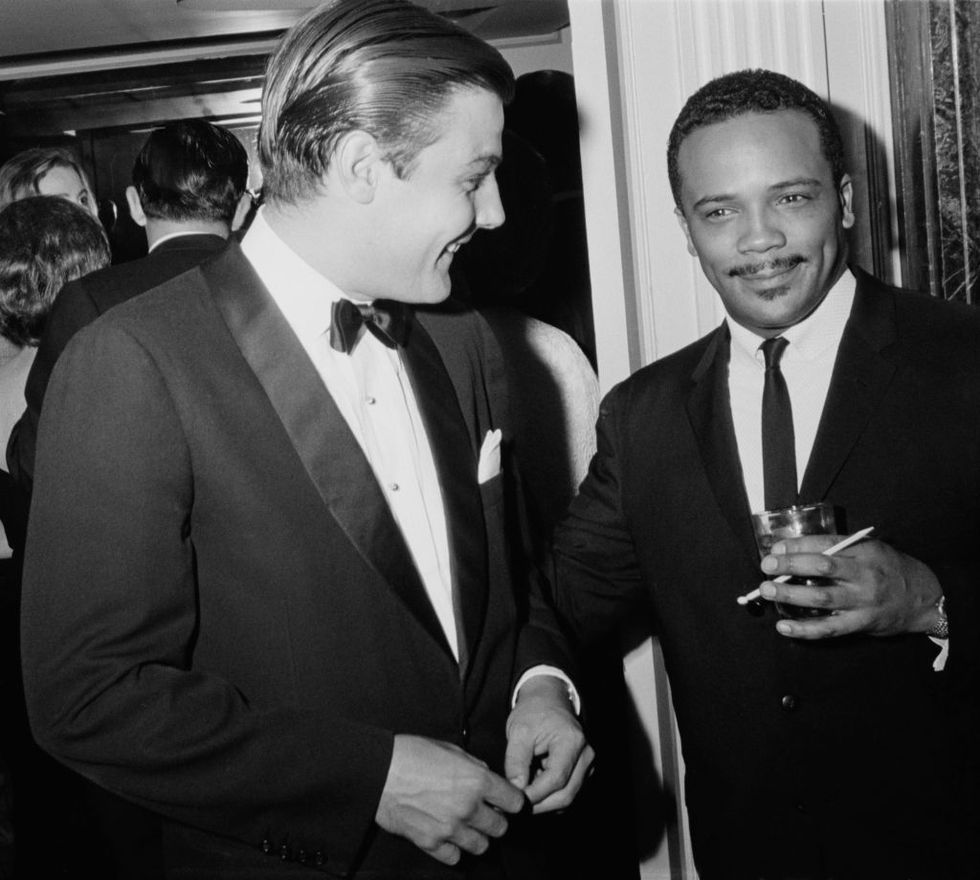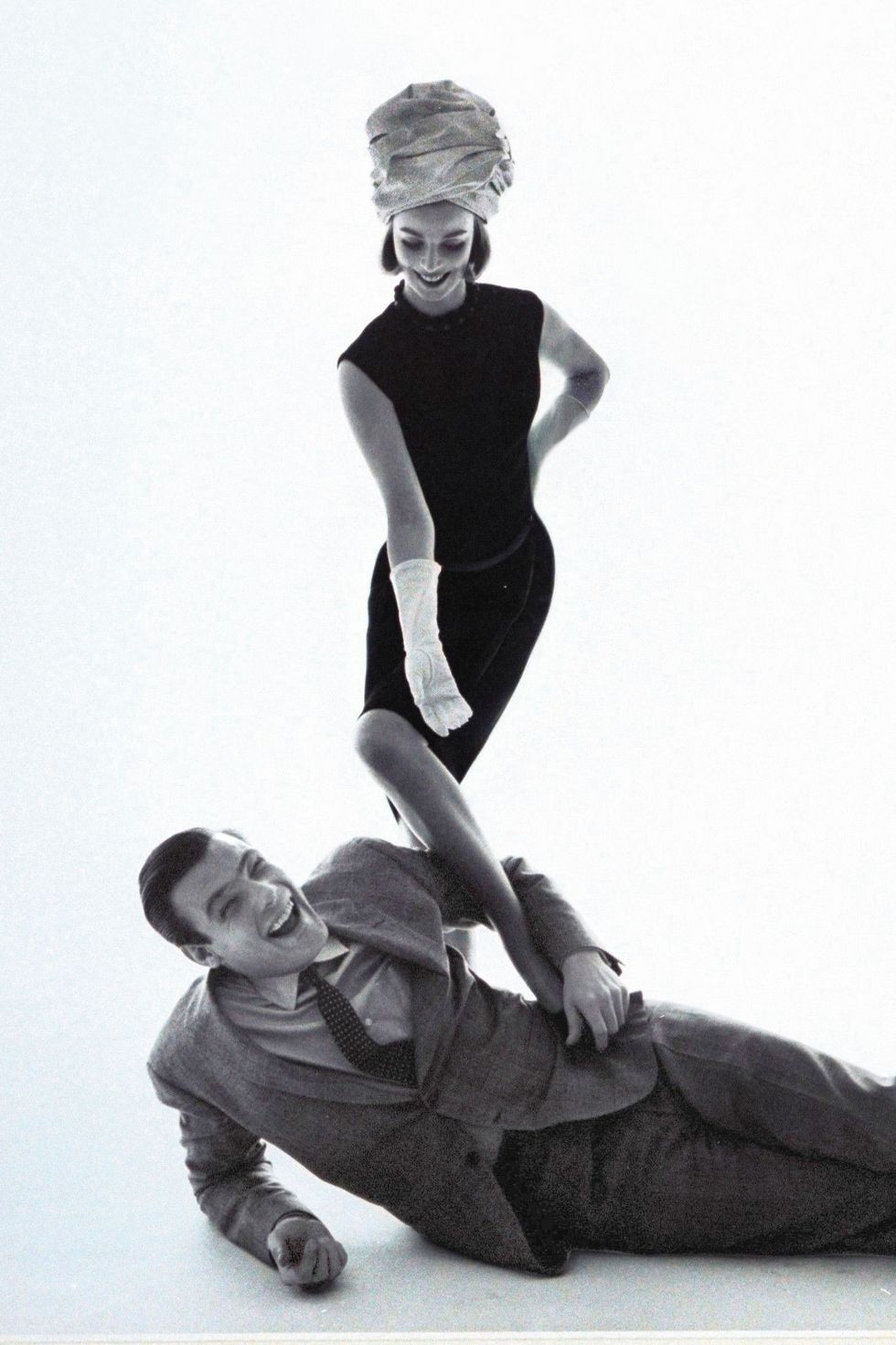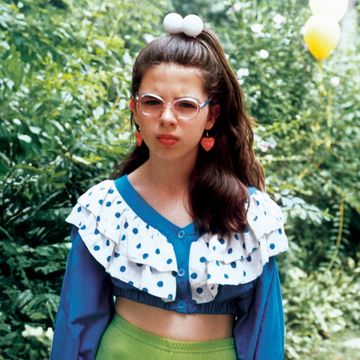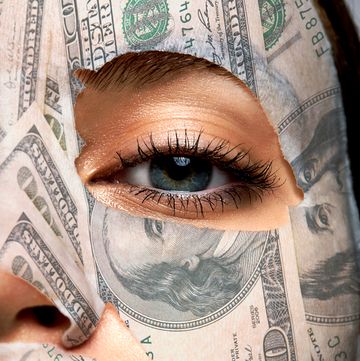Peter Duchin can tell us a thing or two. About music, about style, about survival with a smile. The legendary bandleader’s first memoir, Ghost of a Chance, delivered memorable storytelling and anthropological information on a lost world, its customs, and its language: “[Marie Harriman] may have coined the expression ‘rat-fuck,’ which is what she called parties that were too big. I don’t know what she had against the City of Brotherly Love, but she called a really big terrible party a ‘Philadelphia rat-fuck.’ ” Hilarity was the dominant note.
Face the Music, out this month and co-written with Patricia Beard, is Duchin’s moving and deeply personal follow-up. It was begun as a meditation on his need to know more about the mother he lost almost at birth (“Would we recognize each other if we passed on the street? Of course not. I owed it to myself and to her to try to find out more”), but victories over a stroke and a near-death brush with Covid have made Duchin a sunnier and more philosophical writer than ever. Hospital scenes should be depressing, but in his hands they aren’t; descriptions of midcentury New York should be fascinating, and they are. There’s lots of searing reality here, but no fewer laughs. And what can he tell us of glamour, something Duchin has forgotten more about than you or I will ever know? Let’s listen. —David Netto
From the time I began at the Maisonette, newspapers and magazines persistently described me as “the glamorous Peter Duchin,” as if the adjective was part of my name. It sounded pretty shallow to me, but I got used to it, even if I’ve always thought of myself as anything but glamorous. When I had to wear designer suits for magazine shoots, I felt uncomfortable. I much preferred to be wearing my beat-up waders to fish in a stream.
Glamour and style usually go together, but anyone with taste and money can buy a snappy wardrobe, so what makes a person, an object, or a place seem glamorous?
I asked a friend who had a career as an editor of fashion magazines what she thought about glamour. She asked me why I could possibly be interested. “No one is glamorous anymore,” she said. “Anyway, who cares?”
I don’t care. I never have, and I agree that glamour, whatever that once meant, has pretty much disappeared. Yet I wanted to understand the atmosphere in which Dad and I succeeded, what people thought they saw in us, and why they imagined that dancing to our music could make them glamorous, too.
The late U.S. Supreme Court justice Potter Stewart famously said that pornography is hard to define, “but I know it when I see it.” I’d say the same about glamour. It is even more difficult to define, and, unlike pornography, the real thing is rare.
The word glamour, which comes from Scots, means magic and enchantment, and for me, certain kinds of music have those qualities. The art historian Herbert Muschamp was interested in the same magic. In 2005 he wrote a story in the New York Times Magazine titled “Playing for Keeps.” He focused on me, which I appreciated, but I was really the stand-in for a bigger idea. Muschamp described the ways in which dance music can create some of the elements I was searching for.
“I know no art more atmospheric than the music of Peter Duchin… The band’s…specialties are memory and mood…the production of feelings under controlled circumstances. The controls are derived from upper-class American etiquette, an association some are put off by…[but] I’ll take my atmosphere where I can get it… The upper crust isn’t too low for me… Duchin’s music was as integral to the 1960s as Lou Reed’s Velvet Underground… Duchin played at the St. Regis; Reed on St. Marks Place…but both were featured on the soundtrack of the city, when New York society was opening up.”
I agree with Muschamp that music inspires “memory and mood” and, as he also wrote, “evaporates into ambience.” I’m awfully glad he didn’t use the word glamorous.
FROM FACE THE MUSIC, BY PETER DUCHIN WITH PATRICIA BEARD, TO BE PUBLISHED DECEMBER 7 BY DOUBLEDAY. © 2021 PETER DUCHIN
This story appears in the December 2021/January 2022 issue of Town & Country. SUBSCRIBE NOW
